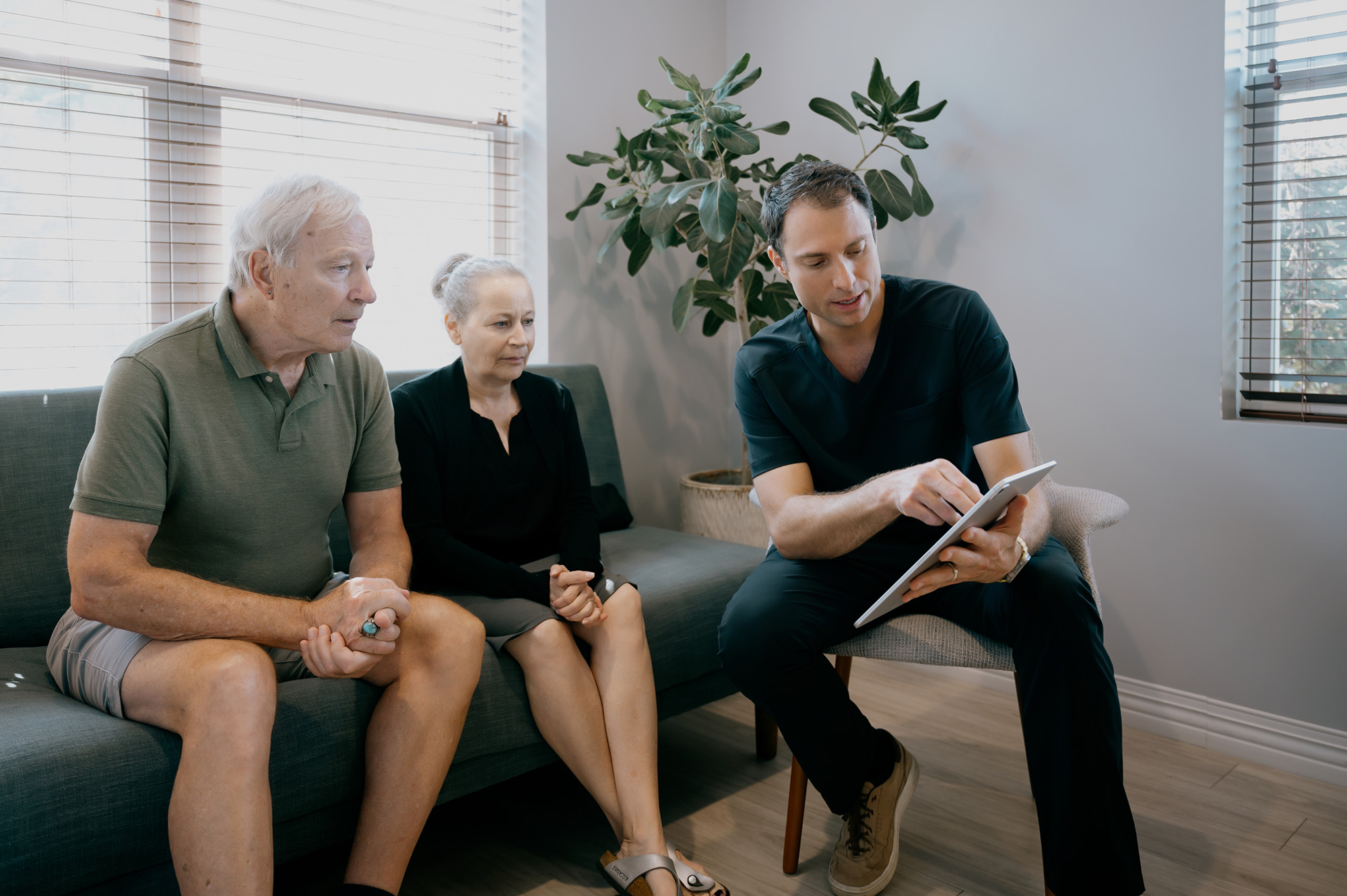

How Sleep Apnea Can Prevent You From Getting a Good Night’s Rest

If you wake up groggy despite getting eight hours of sleep and suffer from chronic snoring, you may have sleep apnea, a disorder that affects 18 million Americans. You might be surprised to know that sleep apnea has close ties to your oral health. In this blog post, we’ll uncover more about this debilitating condition, along with treatments we offer at Springs Village Dentistry to help you find relief.
What Is Sleep Apnea?
Sleep apnea is a sleep disorder where your breathing stops or becomes extremely shallow while you sleep. There are two types of sleep apnea. The most common form is obstructive sleep apnea. This is when the muscles in the back of your throat become relaxed as you sleep instead of contracting. They block your breathing. The second form is central sleep apnea, which occurs when your brain is unable to send the correct signals to the muscles that help you breathe while you sleep.
Signs of Sleep Apnea
Of course, you can’t tell if you have sleep apnea because it occurs while you’re sleeping. A sleep study will give a definitive diagnosis. But there are a few telltale signs to look out for.
- Grogginess or fatigue despite getting enough sleep
- Waking up in the middle of the night
- Chronic snoring
- Persistent headaches
- Chronic dry mouth
- Bad breath (halitosis)
- Insomnia
Since sleep apnea disrupts your sleep cycle, it can be extremely damaging to your health. Sleep apnea is known for increasing your chances of developing liver disease, diabetes, and stroke, and can accelerate dental issues including decay and tooth loss.
Sleep Apnea Treatments
Two of the most common ways to treat sleep apnea are through oral appliance therapy and CPAP therapy, both of which we can guide you through at Springs Village Dentistry. Oral appliance therapy uses a device that looks similar to an athletic mouthguard to help guide your mouth to the correct position as you sleep. It promotes proper airflow to your lungs throughout the night. CPAP therapy uses a breathing machine that helps push air directly into your lungs through a mask as you sleep. It takes some getting used to and may cause bloating, facial irritation and sore throat to start.
Consistent exercise to aid weight loss, reducing alcohol consumption, and adjusting your posture at night can all help prevent or alleviate the symptoms of sleep apnea.
Affordable Sleep Apnea Treatment in Holly Springs, NC
Sleep apnea can be debilitating and reduce your quality of life — but Springs Village Dentistry has treatments that can help you sleep soundly again. We don’t want the cost of your visit to stop you from getting the treatment you need. We offer flexible financing to help make your treatments budget-friendly and will work with you to maximize any applicable insurance benefits you might have. Contact us to schedule a consultation today!
Connect with us
We can’t wait to meet you.
Call (919) 825-3131 or request an appointment online to set up your first visit. We’ll be in touch soon.
